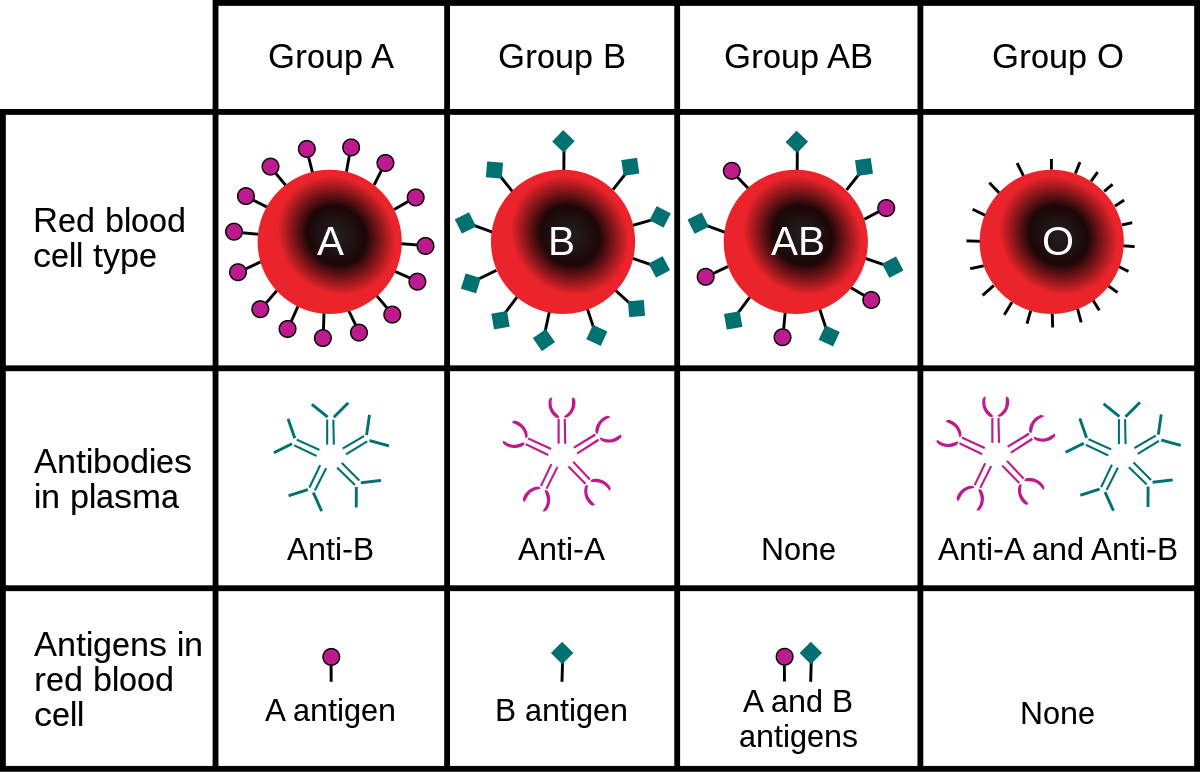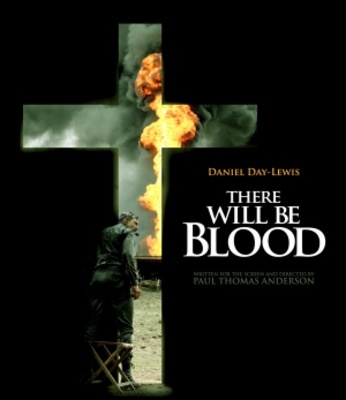

Daniel’s best chance at true friendship is gone, and we see him drinking and crying over Henry’s diary, wondering what might have been. The second sees him killing the man he thought was his brother and learning that his real brother was already dead. The first case sees him injured and far away from society, facing a long and extremely difficult path to save his own life. In total, the track seems to represent Daniel being isolated and alienated from society. Both times the track accompanies Daniel digging, both occur deep in the wilderness, and in both instances he is at a low point. On its own, it is a haunting track and its application is all the more sinister.

It is comprised of deep, menacing strings layered on top of each other such that the instrumental sounds are barely recognizable. The track, composed by Radiohead guitarist Jonny Greenwood, is titled “Henry Plainview” on the original soundtrack. The same music track can be heard in both the opening sequence of the film and the scene when Daniel buries Henry. It is an excess of capitalism, and a microcosm of the pointlessness of the ludicrous home Daniel has built for himself. By virtue of being a private two-lane plaything constructed inside his own home, it also becomes representative of the spoils of succeeding at competition. We certainly never see him use the bowling alley for its intended purpose. The bowling alley is a decadent and worthless space we have no indication that Daniel enjoys bowling or even games of any kind. I want no one else to succeed.” How appropriate, then, that Daniel’s ultimate, final and lasting victory over his nemesis Eli comes via a bowling pin after first hurling bowling balls at Eli as though he were himself nothing but one of those pins to be easily knocked over and cleaned away. Bowling alley (symbol)Įarlier in the film, Daniel states about himself: “I have a competition in me. So focused is Daniel on forcing all action and discourse to be on his terms that he ultimately loses his ability to properly communicate with others who will not or cannot engage him on those terms. Daniel’s stubborn and unprincipled refusal to learn sign language so he can better communicate with H.W.
There will be blood meaning how to#
is deafened, Daniel doesn’t even know how to relate his words to him, let alone understand what H.W. rather than listening to him (a pattern that holds in his interactions with most people). Daniel is a man of staggering charisma, but he certainly cannot be termed likable, except for the way he takes on the responsibility of raising H.W. The bond between Daniel and his adopted son, H.W., is almost certainly there from a narrative point of view to soften Daniel for the audience. But for luck and sheer determination, Daniel would never have made it out of that situation alive, and now all of his operations seems cursed by the specter of death. We could also compare these deaths to the near death of Daniel in the opening sequence in the mine. In a broader sense, this represents the very real human cost of massive industry. We might interpret these deaths as a kind of ‘sacrifice’ made so that the oil can be harvested. Daniel (and likely the audience) dismisses this, but there is a mystical quality to the motif. Eli interprets the second death as a sign of God’s unhappiness with Daniel’s nonreligious posture. Two men die in oil wells in the film, both towards the beginning of oil extraction and both due to bizarre accidents. Oil, in a symbolic sense, becomes the blood that gives life to Daniel it explains the seeming disappearance of his heart once H.W. Daniel is nothing more nor than less than a vampire, taking oil from whoever he can in whatever way he can using whatever means he can. Just as the circulation of blood maintains life in the human body, oil will become the "lifeblood" of the American economy. There will be actual blood, but for now oil is its symbolic doppelganger.

In a much larger sense-the sense Daniel is explaining to Eli-the milkshake is a broader symbol of every underhanded dirty deal that businessmen such as himself use to cheat those without the resources to protect what rightfully-if not necessarily legally-belongs to them. In that sense, the milkshake may be viewed as a metaphor. Eli’s “milkshake” from which he drinks with his long straw is the oozing pool of crude oil bubbling tantalizingly beneath the land he could not purchase. When Eli offers to sell the claim to the Bandy land, Daniel tells him that he has already drunk "your milkshake"-meaning he has already extracted all of the oil. That milkshake, of course, refers to the film’s most famous piece of dialogue.


 0 kommentar(er)
0 kommentar(er)
